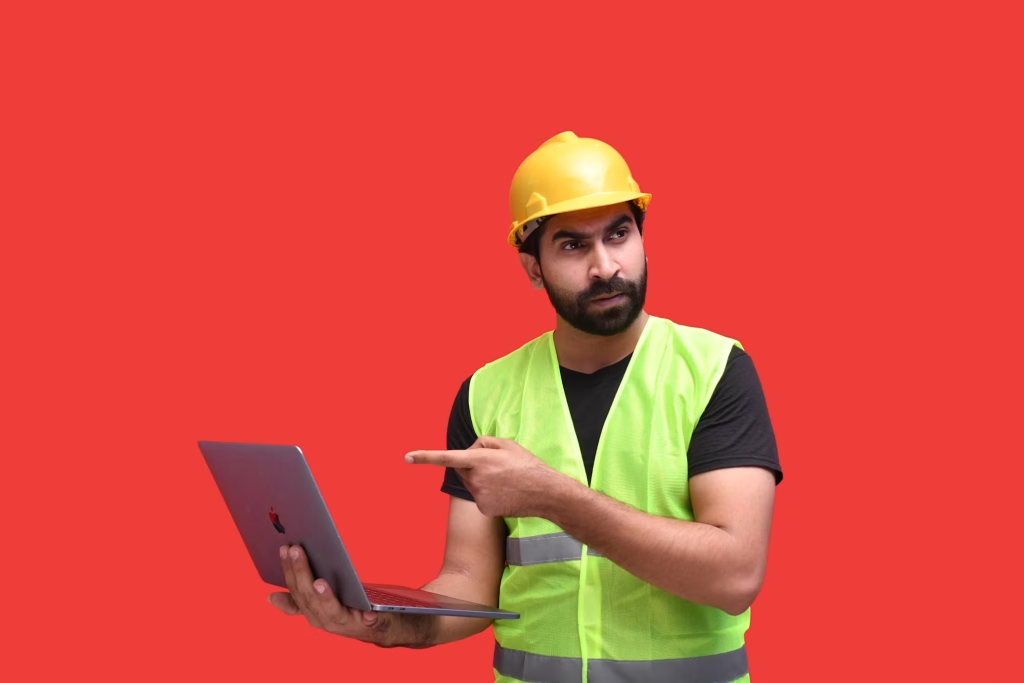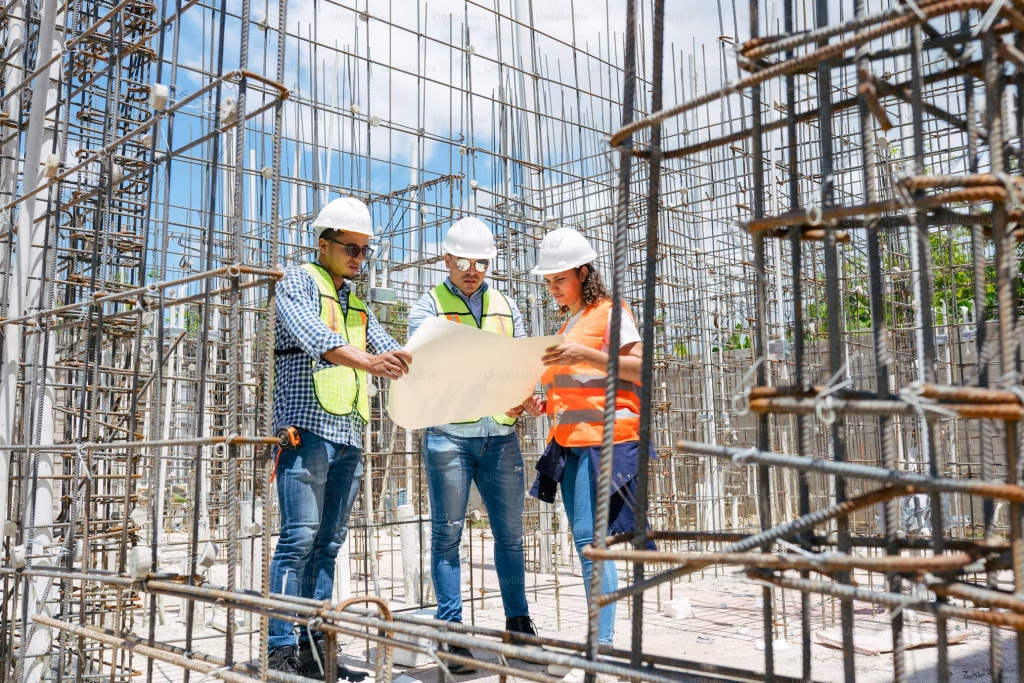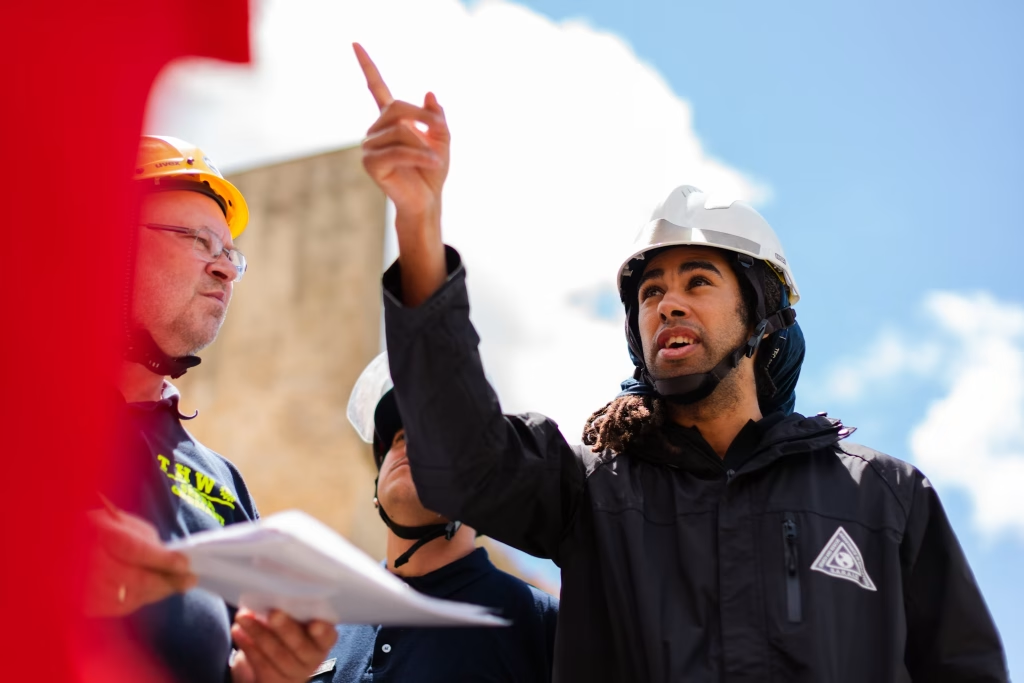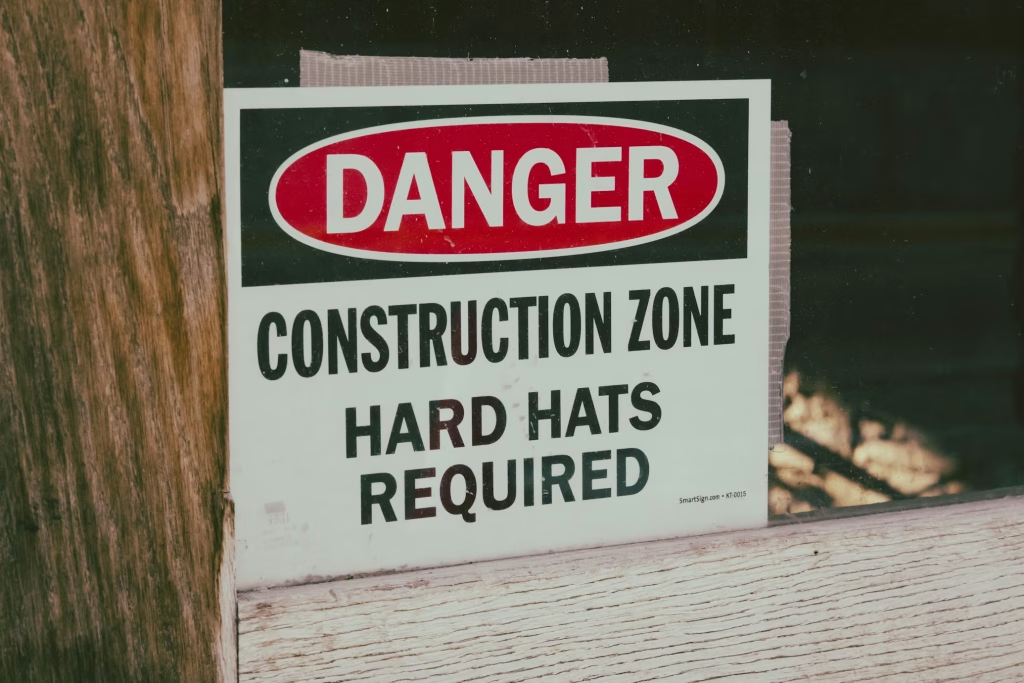Let’s face it. Managing a construction project effectively can be a hard nut to crack. Managers must contend with the pressure of handling multifaceted project demands, which include budgeting, scheduling, and supervising large and diverse teams of architects, builders, and engineers.
If that didn’t already complicate things, tight deadlines, dynamic regulations, and unforeseen events like weather delays must also be taken into account. It can be overwhelming to keep your fingers on the pulse.
One might wonder how large-sized businesses thrive despite undertaking multiple projects simultaneously. After all, more projects indicate more complexity. The trick lies in working smarter, not harder.
In this article, we’ll explore seven workable tips that every manager needs to handle construction projects efficiently and deliver quality services for a small build or multi-million dollar development..
Key strategies to effectively manage a construction project
If you want to be successful, you must stay organized from the start, develop well-thought-out plans, and incorporate the right set of technologies for streamlined coordination and business success.
1. Establish a solid digital framework from scratch
Traditional and manual workflows are inefficient, particularly in this fast-paced digital landscape. What’s the point of underutilizing your employees in boring and repetitive time-consuming tasks when you can integrate advanced hi-tech systems? They are fast, efficient, and deliver quality results.
For instance, tools like project management software for construction allow managers to handle complex activities of budgeting, documentation, scheduling, and collaboration, among others, on a centralized platform. This saves time, eradicates errors, and delays while allowing you and your team to focus on other important activities.
That’s not all. The purpose of a unified system even runs deeper. It keeps all members of your team abreast of events as they unfold, reducing confusion and miscommunication. Digital platforms, especially those that operate on AI algorithms, can automate and simplify material tracking, RFIs, and report generation to increase productivity.
Overall, we can’t overemphasize the importance of modern technologies in construction management. The right set of tools lets you manage your construction lifecycle effectively by keeping the project on schedule, within the initial budget, and meeting quality standards.
2. Pay close attention to the details before starting a project
Don’t consider any detail to be trivial. You never know which information will come in handy if an unexpected event takes place. So, ensure you collect all the information that can lead to the project’s success at the inception before you create a plan.
Be goal-oriented; consider setting realistic milestones to gauge your progress. It can be completing tasks before due dates, or within the initial budget. Since it’s teamwork, ensure that all parties involved comprehend and stick to the building and safety codes. This will make it easier for them to use the available materials and equipment needed for the project cautiously.
It pays to perform background checks of the construction site and those you intend to hire to work with you. When all is said and done, schedule a virtual meeting or physical session if possible, to formally introduce all participants involved, their roles, and other crucial details surrounding the project from start to finish.
3. Create a clear and feasible game plan
It all boils down to this. Whether or not the project will see the light of day depends on how strong and realistic your plan is. Every aspect of the construction lifecycle is decided at this phase—what needs to be done, when it must be done, how it is to be done, and who is going to take charge of specific operations.
Nothing should be left to chance. Be futuristic when making plans; think beyond the obvious and have backup plans on standby. Make preparations for possible turns of events that may cause delays, like bad weather, supply chain issues, and dynamic regulatory policies.
More so, you have a lot to gain from keeping your team in the loop about your plans. Perhaps, you’d get valuable feedback that may outperform yours. Sharing your plans with your team shows that you value their opinions and that gives them a sense of belonging, which serves as a form of motivation that increases their work efficiency.
Careful planning ensures that your project runs smoothly from start to finish. Even when overtaken by surprises during the course of operation, the flexibility of your plans helps you adapt to changes and complete the construction within the time frame.
4. Establish a strong communication protocol
A consistent flow of communication is necessary at every phase of the project lifecycle. Make it a duty to always listen to what your team has to say, and ensure that no disparity exists and that other senior staff are actively involved in welcoming feedback from the juniors. These practices build stronger teams, eradicate costly delays, and increase team morale.
Furthermore, organize daily stand-up meetings, take weekly progress reports, and exploit digital communication platforms like emails and social media to ensure everyone involved receives up-to-date information quickly and consistently.
Moreover, your documents must be systematically organized, especially files about RFIs, submittals, and change orders. This serves a major purpose of ensuring legal and operational transparency, keeping everyone abreast of what was decided, what prompted the decision, and who approved it.
If there’s one thing we’ve come to learn about teams that maintain clear communication lines, it’s that they tend to be more adaptable, productive, and efficient under pressure.
5. Take proactive measures to manage risks
Risk is an integral part of project management, and there’s no escaping it. It could stem from multiple factors, such as resource constraints, lack of motivation, and economic fluctuations tampering with project funding. You never know where it will come from, but you can always prepare ahead to avoid surprises.
Being proactive is about making futuristic plans, listing all possible twists of events that can hinder work operations, and preparing countermeasures to tackle these problems the moment they occur. This way, you can prevent last-minute surprises, wastage of resources, and, among others, safeguard your organization’s integrity.
To do that, you’ll need a risk register, preferably a digital one, to document, track, and manage issues as they unfold. Then, assign risk ownerships such that your team members keep their eyes peeled for each type of risk to ensure quick intervention.
Since risks are not constant and may change over time, make it a point of duty to review the register consistently and update it when necessary. Worst-case scenario, you’d have to rely on your contingency plans to prevent workflow disruptions.
In brief, construction teams that pay rapt attention to risk management are more likely to avoid costly delays, maintain deadlines, stay within budgets, and deliver quality services.
6. Embrace a safety-first work ethic
Ensuring the safety of your team isn’t just a moral obligation; it’s a compliance requirement. A single accident could have a significant backlash and potentially disrupt the fruition of your project, especially if the reasons behind it directly negate industry best practices. You can be subjected to legal actions and penalties that can cripple your business growth.
The way out? Take a safety-first approach at the outset by creating a detailed safety protocol that adheres to local regulations and gold standards. Train and orient your team on how and why they should always enforce a strong safety culture, including toolbox talks and emergency drills.
Moreover, ensure you conduct regular site inspections before and during the course of a construction project to identify potential threats and take proactive measures to curb them. This practice shouldn’t be limited to you. Let everyone see it as a collective effort to report dangerous conditions without fear of reprisal.
Finally, you can decide to incentivize the process. It’s the perfect motivation. Simply incorporate safety metrics into performance reviews and observe how your workers race each other to win the rewards you’ve set aside.
The point is to ensure you prioritize safety and use whatever means necessary to enforce it. A safe work environment minimizes the risks of accidents, legal actions and boosts team morale, leading to a more productive workforce.
7. Perform thorough reviews after project completion
Don’t be too quick to sigh a breath of relief after rounding up a project. Take the time to review the series of events throughout the project lifecycle—what you did well, and what went awry. This helps you identify loopholes and inconsistencies that may have come from your initial plans, which is essential for enhancing future performances.
A good way to do this is to conduct post-project review meetings involving all stakeholders to discuss the wins and bottlenecks, and develop insights from them. Ensure you bring the project data into play, and let it guide your discussions. Be sure to document the review session in standard form, such that references can be made to it in future projects.
In addition, ensure you collect feedback from your clients to understand if your services were top-notch or need improvement. In a nutshell, post-project reviews aim to increase team efficiency and create an avenue where teams can learn from experience to help the company get better.
From planning to completion: the blueprint for construction success
The construction sector is extremely demanding. You can’t risk getting it wrong at any point. Customer loyalty is usually flexible, depending on how well you’ve positioned your brand and the quality of services that you offer.
The key to effective project management lies in the tips we have uncovered in this article. From developing to risk management and performing post-project reviews, each of these points gives you a competitive advantage depending on how well you implement them.
Rilwan Kazeem is a content writer with a passion for crafting clear, engaging, and SEO-friendly write-ups that connect with audiences and drive results. He specializes in blog articles, website copy, and digital marketing content across a range of industries. With a focus on quality, research, and readability, he aims to deliver content that informs, inspires, and performs.












